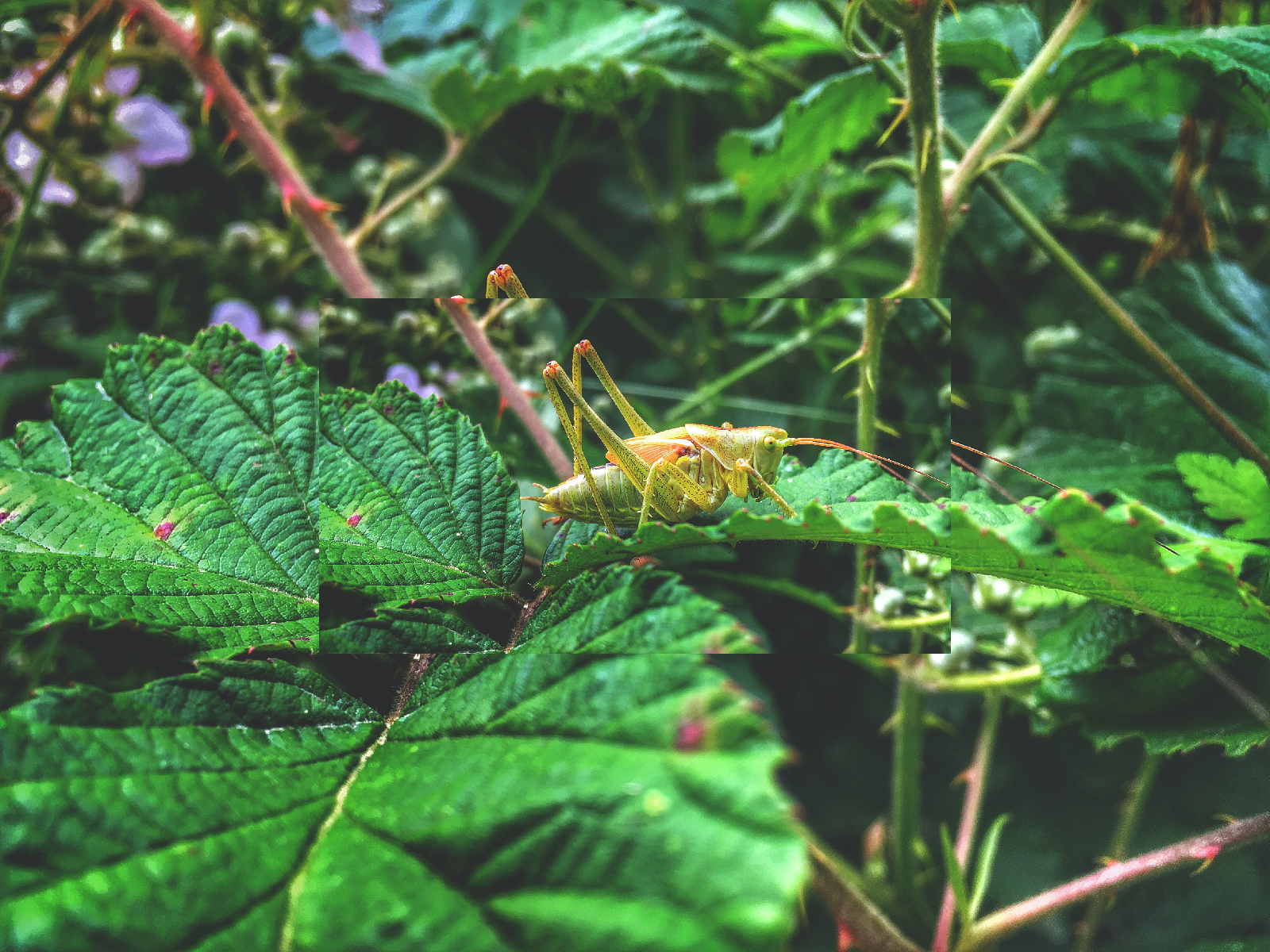Locusts as Protein
Locusts are a valuable source of protein and have been consumed in various cultures for centuries. They are highly nutritious and contain essential amino acids, vitamins, minerals, and beneficial fats. Here are some key points about locust protein:
1. High Protein Content: Locusts are considered a high-quality protein source, with protein content ranging from 50% to 60% of their dry weight. This makes them comparable to other protein-rich foods like beef, chicken, and fish.
2. Essential Amino Acids: Locust protein contains all nine essential amino acids that the human body cannot produce on its own. These amino acids are vital for various physiological functions and are crucial for building and repairing tissues, supporting immune function, and maintaining overall health.
3. Low in Fat: Locusts have relatively low-fat content compared to traditional livestock sources like beef and pork. They contain healthy unsaturated fats, including omega-3 and omega-6 fatty acids, which are beneficial for cardiovascular health.
4. Micronutrients: Locusts are rich in essential minerals such as iron, zinc, magnesium, and calcium. They also contain vitamins, including vitamin B12, which is typically found in animal-based foods and is important for nerve function and the production of red blood cells.
5. Environmental Benefits: One of the advantages of consuming locusts as a protein source is their environmental sustainability. Locusts require fewer resources (land, water, and feed) compared to traditional livestock. Additionally, they produce fewer greenhouse gas emissions and generate less waste, making them a more eco-friendly protein option.
6. Culinary Versatility: Locusts can be incorporated into various culinary preparations. They can be roasted, fried, ground into flour, or used as an ingredient in protein bars, snacks, or alternative protein products. Locust protein powder is also available in the market for use in smoothies, protein shakes, and other food formulations.
It's worth noting that while locust protein is highly nutritious and sustainable, cultural acceptability and regulatory frameworks surrounding the consumption of insects may vary in different regions. However, interest in insect-based foods, including locusts, is growing due to their potential as a sustainable protein source to address future food security challenges.


0 comments